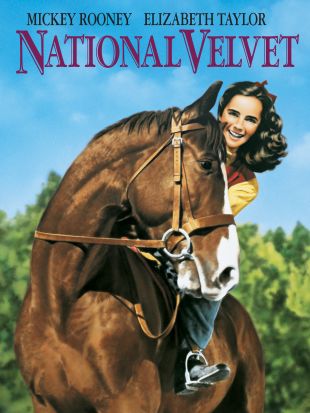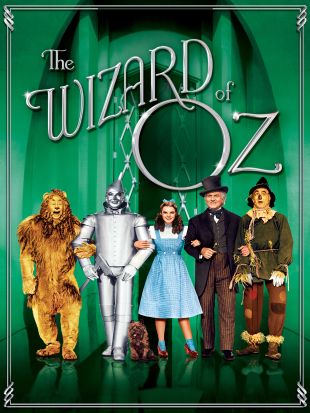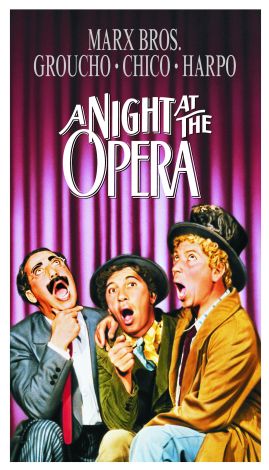American film composer Herbert Stothart cultivated a love for music while singing in an Episcopal Church Choir in his native Milwaukee. He studied at Milwaukee Normal School to become a history teacher, paying his way by working as a theatre usher. The combination of daily exposure to the arts and his extracurricular activities staging school musicals convinced Stothart that music would be his life. Completing his education at the University of Wisconsin, Stothart wrote the music for the amateur productions of the the University's Haresfoot Society. One of these shows, Manicure Shop, was given a professional staging in Chicago, after which Stothart became a fulltime composer in the Midwest and, ultimately, New York. He did road-show musical direction for impresario Arthur Hamerstein, the man who gave Stothart his first Broadway directing job with a show called Blue Kitten; this led to his writing the music for two subsequent shows, in collaboration with Hammerstein's nephew Oscar Hammerstein Jr. and with Otto Harbach. These early devil-may-care entertainments gave way to more serious works in which Stothart tried to more carefully integrate music into the storyline; the first show in this new vein was Wildflower, written with Vincent Youmans. Rose Marie, a huge hit of the '20s written with Rudolf Friml, followed, but the thrill of this success was tempered by the sudden and tragic death of Stothart's wife Dorothy. Never completely recovering from this loss, Stothart nonetheless threw himself back into his Broadway work, collaborating with George Gershwin (Song of the Flame) and Kalmar and Ruby (Good Boy, which included the hit "I Wanna Be Loved By You"). After the the Herbert Stothart/Oscar Hammerstein musical Golden Dawn, Stothart headed to Hollywood in 1929, where talking pictures were just beginning to take hold. His earliest assignemnt was the score for the Russian silent End of St. Petersburg, then he was engaged by MGM for the Lawrence Tibbett musical film The Rogue Song (1930). He remained at MGM until his death, composing original scores for some films and arranging the works of others in such productions as The Wizard of Oz (1939) (for which he won an Oscar) and The Firefly (1938) (in which he reworked an old Rudolph Friml piece and came up with "The Donkey Serenade"). After a 1947 visit to his ancestral Scotland, Stothart suffered a heart attack; while recovering, he wrote a symphonic poem based on his ordeal. Herbert Stothart died in 1949, shortly after writing his last piece, "The Voices of Liberation."
Herbert Stothart
Share on


